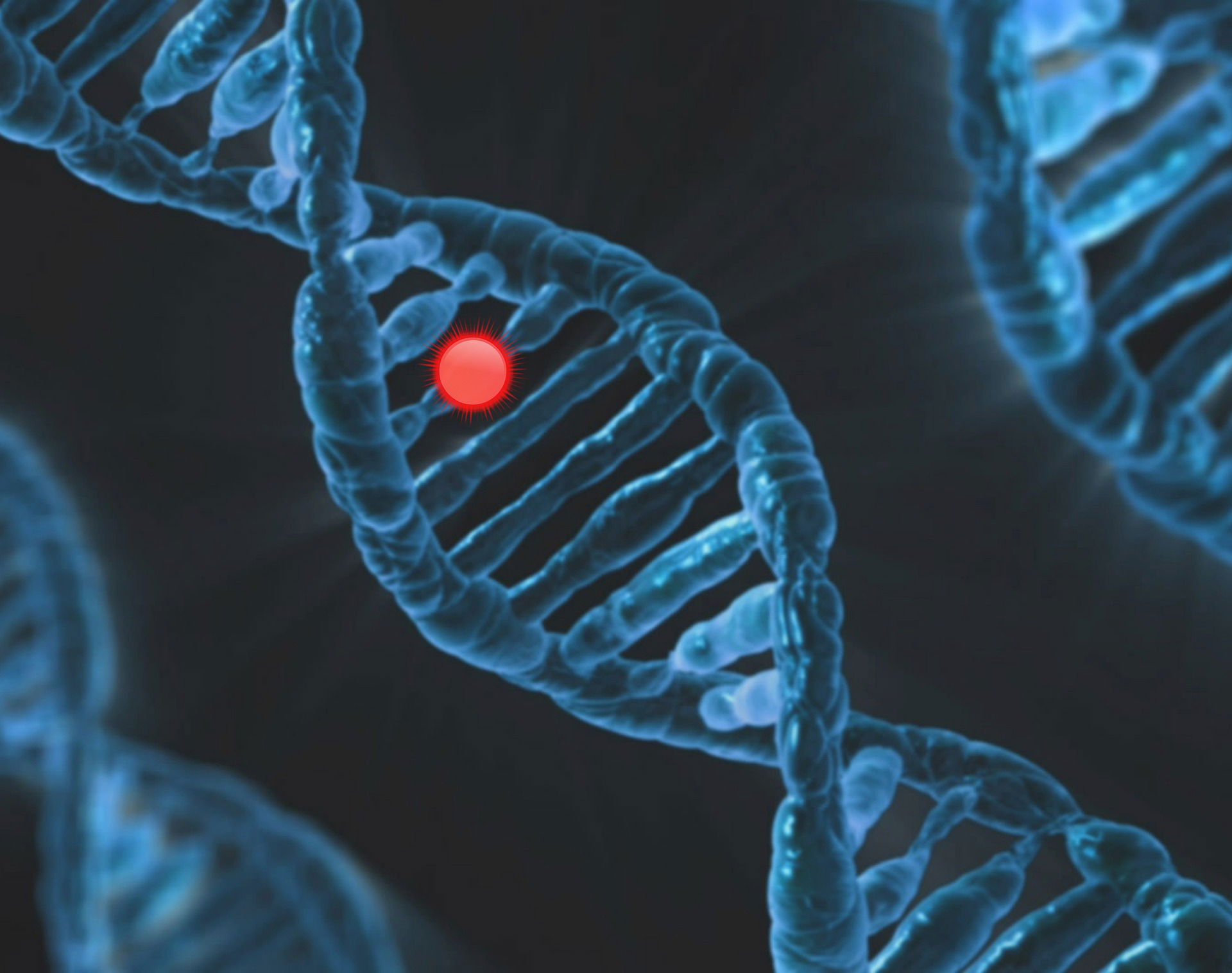Computational Science for Biotechnologists: Bridging Biology and Technology
In today’s fast-paced world, computational science is revolutionizing biotechnology — merging biology, chemistry, and computer science to solve critical challenges in medicine, agriculture, and environmental science. With the ability to process and analyze massive biological datasets, computational science is transforming how researchers understand and engineer living systems.
What is Computational Science for Biotechnologists?
Computational science involves using advanced computing techniques to model, simulate, and analyze biological processes. For biotechnologists, it means applying computational tools to extract insights from biological data — insights that were once impossible to achieve through traditional lab methods. By integrating fields like bioinformatics, chemoinformatics, systems biology, and artificial intelligence, researchers can now design biological systems, drugs, and biotechnological solutions more quickly and accurately.

Key Applications of Computational Science in Biotechnology
Genomics and Proteomics
Computational tools power genomic and proteomic research by enabling high-throughput sequencing, gene mapping, and protein structure prediction. Platforms such as Next-Generation Sequencing (NGS) generate large datasets, which are analyzed using algorithms to identify mutations, variants, and biomarkers.Molecular Docking and Drug Design
In pharmaceutical biotechnology, computational methods like molecular docking and Computer-Aided Drug Design (CADD) allow biotechnologists to simulate how drug molecules interact with their targets. Using software like AutoDock, MOE, and Schrödinger, researchers can predict drug efficacy before physical testing — accelerating the discovery of novel therapeutics.Synthetic Biology
Synthetic biology relies heavily on computational modeling to design and build new biological circuits. Biotechnologists use simulations to engineer microbes for biofuel production, disease resistance, or environmental cleanup, reducing trial-and-error experimentation.Systems Biology and Network Analysis
By treating biological systems as interconnected networks, systems biology helps researchers understand how genes, proteins, and pathways influence one another. This computational perspective enables the modeling of complex diseases, prediction of systemic responses, and optimization of traits in agricultural biotechnology.Computational Vaccine Design
Computational immunology helps design vaccines by predicting how pathogens interact with the immune system. Techniques such as epitope prediction and immune modeling allow for fast development of vaccines against mutating viruses, bacteria, and even cancer.

Why is Computational Science Critical for Biotechnologists?
The future of biotechnology depends on the ability to analyze biological systems at scale. Computational science empowers biotechnologists to:
- Accelerate discovery by testing hypotheses virtually
- Reduce costs through pre-lab simulations
- Increase accuracy in predictions and modeling
- Handle big data from omics, imaging, and real-world experiments
It transforms biotech research from trial-and-error into data-driven innovation.
Challenges Facing Biotechnologists in Computational Science
Despite its advantages, computational science brings challenges:
- Interdisciplinary learning: Biotechnologists must combine biology, statistics, and programming
- Big data management: Genomics and systems biology generate terabytes of data
- Model accuracy: Simulations must be biologically relevant and computationally precise
- Access to tools: Many industry tools are expensive or require specialized training
EboBio Solution’s Role in Computational Science Education
At EboBio Solution, we support the next generation of biotechnologists by offering advanced training programs, diplomas, and internships in computational science.Our key learning paths include:
- Bioinformatics – Analyze genomic, transcriptomic, and proteomic data
- Chemoinformatics – Master drug design, molecular docking, and virtual screening
- Computational Vaccine Design – Simulate immune responses and model vaccine candidates
- Big Data in Biotechnology – Extract insights from biological datasets
- AI in Biotech – Apply machine learning to biological problems and drug development
We combine theoretical learning, software training, and real research projects to prepare participants for success in academia and industry.
Conclusion
Computational science is redefining biotechnology. From drug discovery to crop engineering, it offers tools to understand, model, and manipulate biological systems in powerful new ways.At EboBio Solution, we are committed to helping researchers, students, and biotech professionals bridge the gap between biology and technology.If you're ready to future-proof your career in biotechnology, EboBio Solution provides the foundation you need to begin.